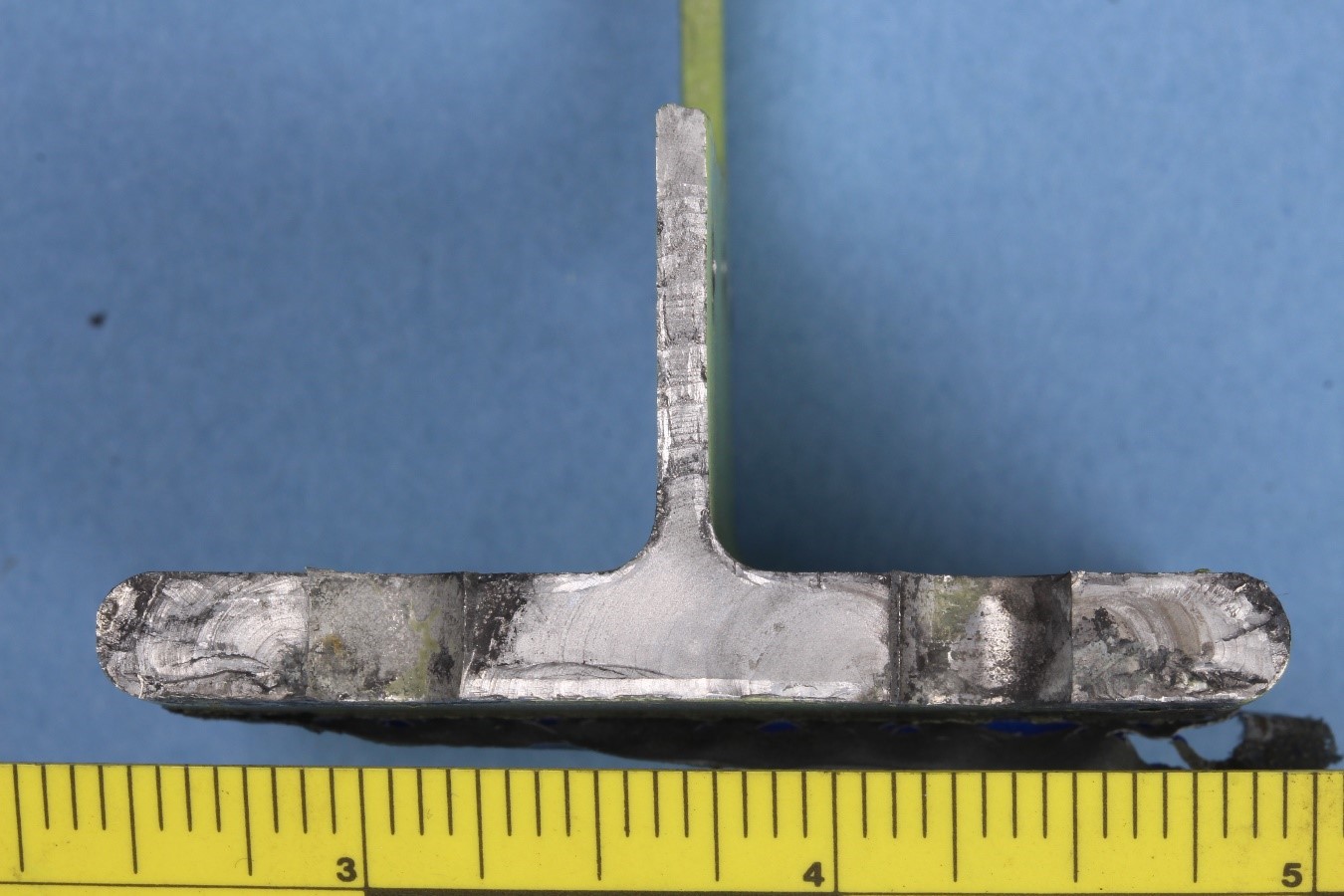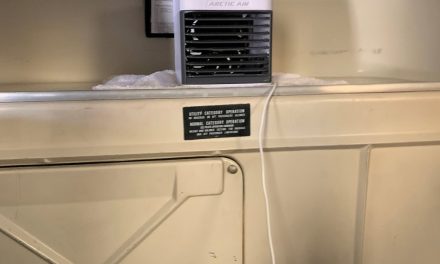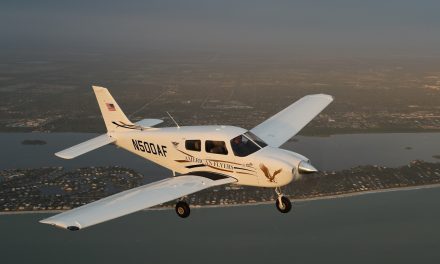An update on the Piper PA-28R-201 crash in Florida
NTSB Issues Investigative Update on Piper In-Flight Breakup
From the NTSB. Compiled from the NTSB’s press release and its more-detailed “investigative update”
WASHINGTON (May 15, 2018) — The National Transportation Safety Board issued Tuesday an investigative update on its investigation of the April 4, 2018, crash of a Piper PA-28R-201 near Daytona Beach, Florida.
Two people suffered fatal injuries following an in-flight separation of the airplane’s left wing shortly after takeoff. The airplane subsequently collided with terrain and was destroyed. The airplane was registered to and operated by Embry-Riddle Aeronautical University as an instructional flight under the provisions of Title 14, Code of Federal Regulations, Part 91.
Piper Crash Florida Reaction: What Should Piper Owners Do Now? Scott Sherer’s Opinion Here
The preliminary report for this accident was published April 16. Parties to this investigation include the FAA, Piper Aircraft and Embry-Riddle Aeronautical University.
Initial examination of the left wing main spar at the NTSB Materials Laboratory revealed more than 80 percent of the lower spar cap and portions of the forward and aft spar web doublers exhibited fracture features consistent with metal fatigue. The fatigue features originated at or near the outboard forward wing spar attachment bolt hole.
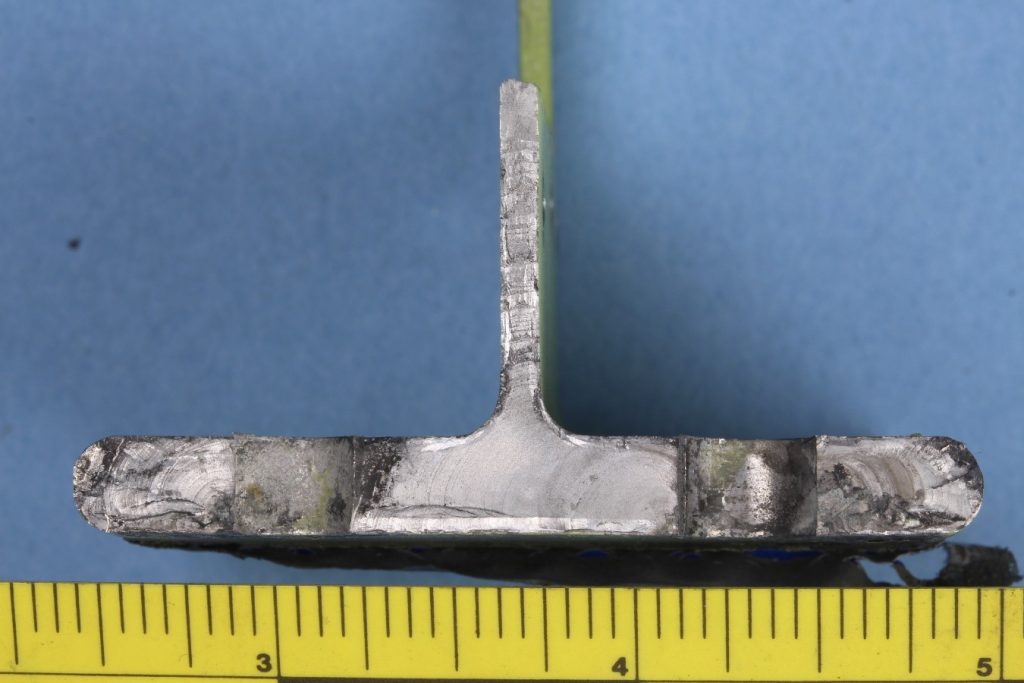
In this April 10 photo taken at the NTSB Materials Laboratory, fracture features consistent with metal fatigue can be seen in the left wing, lower cap of the main wing spar of the Piper PA-28R-201 involved in the fatal, April 4, 2018, crash near Daytona Beach, Florida.
NTSB Photo
None of the surfaces exhibited visible evidence of corrosion or other preexisting damage. The right wing also exhibited fatigue cracks in the lower spar cap at the same hole location extending up to 0.047-inch deep. The remainder of the lower spar cap, spar web doublers, and upper spar cap displayed fracture features consistent with overstress.
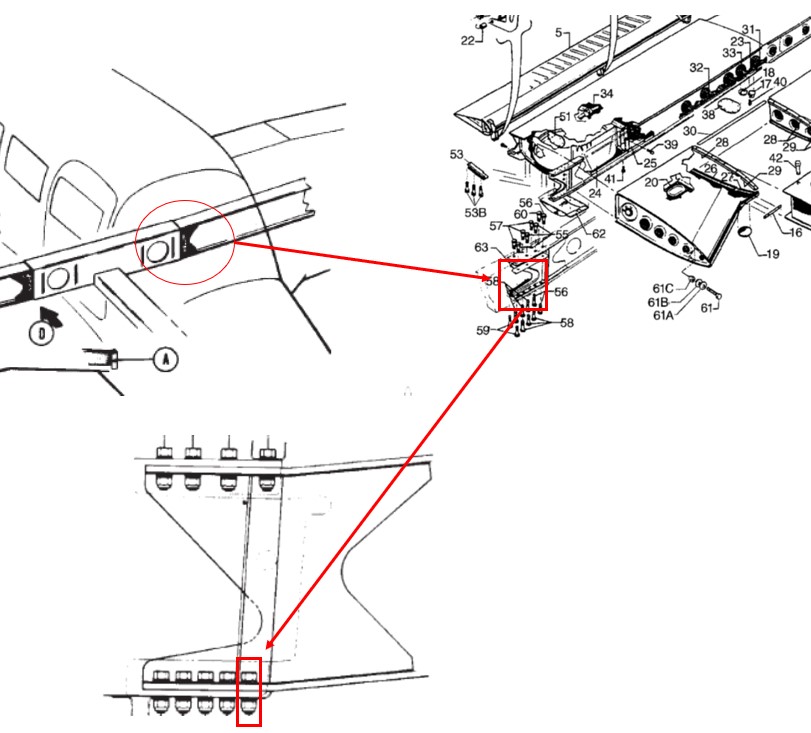
This NTSB graphic highlights the left-wing assembly and attachment bolt for a Piper PA-28R-201. The NTSB is investigating a fatal crash of a Piper PA-28R-201 that killed two people April 4, 2018, near Daytona Beach, Florida. The wing spar attachment bolt hole is an area of interest to the NTSB in its investigation. (NTSB graphic created from illustrations in the Piper Aircraft, Inc., PA-28-R-201 Arrow, Airplane Parts Catalog, and the Piper Aircraft Inc. PA-28R-201 Arrow Maintenance Manual.
The structures group of the NTSB’s investigation conducted an inspection of another Piper PA-28R-201 April 18 and 19. The plane inspected had a similar number of total airframe hours and cycles and was used exclusively for flight training of students. That inspection revealed a crack indication at the left lower outboard forward wing spar attachment bolt hole. The crack measured about 0.040-inch long and deep. The airplane’s wings were subsequently reinstalled and examined using new inspection procedures developed by Piper Aircraft. A bolt-hole eddy current inspection probe was used to confirm the location and size of the previously identified crack.
Nine additional PA-28R-201 airplanes have been inspected using ECI techniques under NTSB supervision. No crack indications were detected in these nine inspections.
The NTSB investigative team is examining corrective actions taken in response to the March 30, 1987, Piper PA-28-181 in-flight wing separation which resulted in three recommendations to the FAA and a subsequent Airworthiness Directive, which has since been rescinded.
The NTSB’s investigation of this crash is ongoing and as such, no conclusions about probable cause should be drawn from this investigative update or the preliminary report. Additional information will be provided as warranted.
The complete investigative update is available at https://goo.gl/GUVLwg
What Should Piper Owners Do Now? Scott Sherer’s Opinion Here
Join the discussion on this important topic in our forum here.
NTSB Documentation – Downloadable Version
For Piper Owner Society members only, we have compiled a downloadable Zip file of all NTSB documents released so far. What’s in this Zip file:
- A PDF of the investigative update (most of which is in the article above).
- A PDF of the earlier preliminary report.
- A copy of a 1987 AD that was later rescinded.
- A copy of a 1987 safety recommendation.
- Two service bulletins, one from 1988 and one from 1999.
This compilation is for members only.

